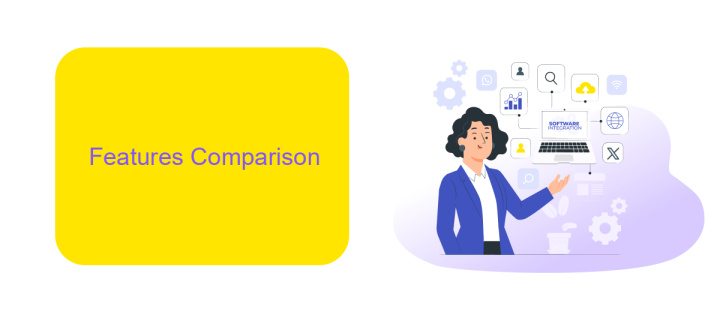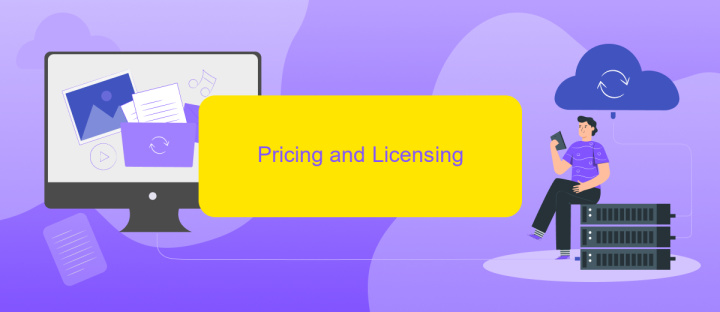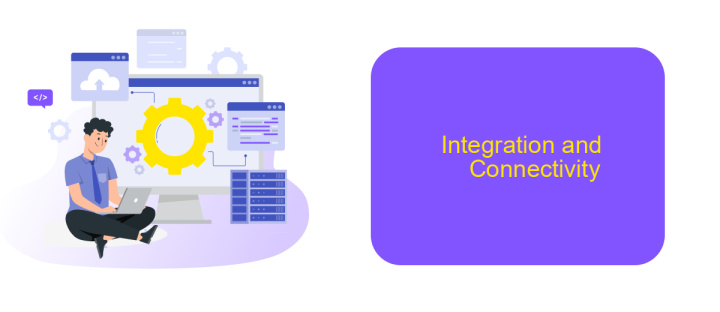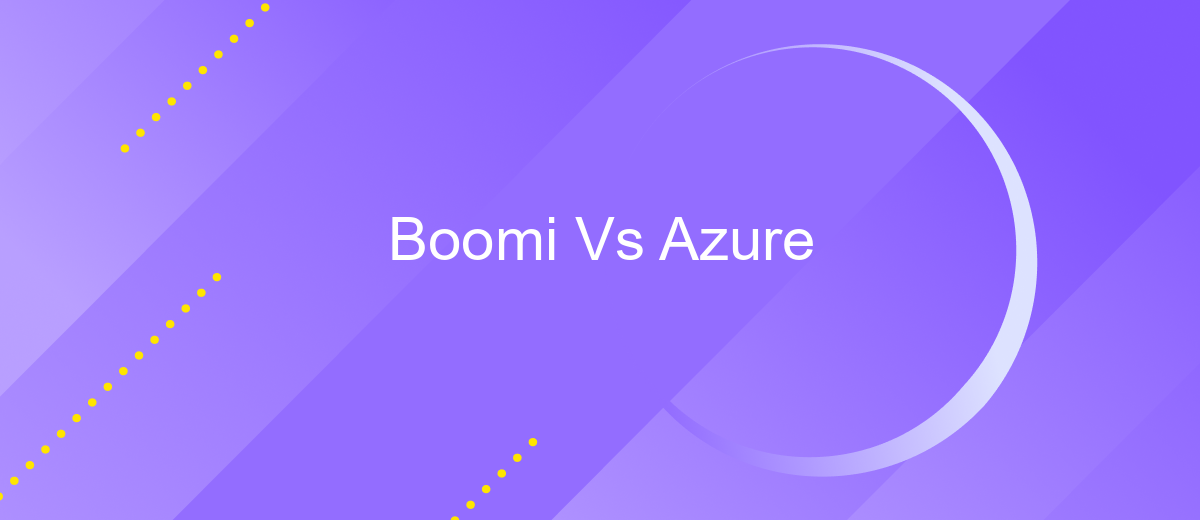Boomi Vs Azure
When it comes to cloud integration and platform services, Boomi and Azure stand out as two prominent contenders. Boomi, a Dell Technologies company, offers a versatile integration platform as a service (iPaaS), while Microsoft Azure provides a comprehensive suite of cloud computing services. This article delves into the strengths and weaknesses of both platforms, helping you determine which best suits your business needs.
Introduction
In today's digital landscape, businesses are increasingly reliant on integration platforms to streamline their operations and improve efficiency. Two prominent players in this arena are Boomi and Azure, both offering robust solutions for connecting applications, data, and processes. Understanding the strengths and weaknesses of each platform is crucial for making an informed decision that aligns with your organization's needs.
- Boomi: Known for its ease of use and rapid deployment capabilities.
- Azure: Offers extensive scalability and integration with Microsoft's ecosystem.
- ApiX-Drive: A versatile tool that simplifies the integration process across various platforms.
Choosing between Boomi and Azure can be a daunting task, given their unique features and capabilities. While Boomi excels in user-friendly interfaces and quick setup, Azure stands out with its scalability and seamless integration with other Microsoft services. Additionally, tools like ApiX-Drive can further enhance your integration strategy by providing a user-friendly platform to connect diverse systems effortlessly. By carefully evaluating your specific requirements, you can select the most suitable integration platform to drive your business forward.
Features Comparison

Boomi and Azure both offer robust integration platforms, but they differ in key features. Boomi, known for its user-friendly interface, excels in rapid deployment and ease of use. It provides a comprehensive suite of tools for data integration, API management, and workflow automation. Additionally, Boomi's low-code environment allows for quick and efficient integration setups, making it accessible for users with varying technical skills. On the other hand, Azure Integration Services, part of Microsoft's cloud ecosystem, offers extensive scalability and flexibility. It supports a wide range of integration scenarios, including hybrid and multi-cloud environments, and provides advanced analytics and monitoring tools.
When comparing the two, it's essential to consider specific needs and existing infrastructure. Boomi's strength lies in its simplicity and speed, ideal for businesses looking for straightforward integration solutions. Azure, with its deep integration into Microsoft's cloud services, is better suited for enterprises requiring extensive customization and scalability. For those seeking an alternative, ApiX-Drive offers a versatile platform for setting up integrations quickly and efficiently, bridging the gap between various applications and services. ApiX-Drive's intuitive interface and powerful features make it a valuable option for businesses of all sizes.
Pricing and Licensing

When comparing the pricing and licensing models of Boomi and Azure, it's essential to consider the specific needs and scale of your business. Boomi offers a subscription-based pricing model, which is tiered based on the number of integrations and the volume of data processed. This model allows businesses to start small and scale as their integration needs grow.
- Boomi: Subscription-based, tiered pricing based on integrations and data volume.
- Azure: Pay-as-you-go model, with costs based on usage of various services.
Azure, on the other hand, operates on a pay-as-you-go model, where you only pay for the services you use. This can be more cost-effective for businesses with fluctuating workloads. Additionally, for those looking to streamline their integration processes, services like ApiX-Drive can be a valuable addition, offering easy setup and management of integrations without the need for extensive technical knowledge.
Integration and Connectivity

Boomi and Azure offer robust integration and connectivity solutions, each with unique strengths. Boomi, a leading integration platform as a service (iPaaS), excels in connecting various applications and data sources through its user-friendly interface and pre-built connectors. Azure, on the other hand, provides a comprehensive suite of cloud services, including Azure Logic Apps, which facilitate seamless integration across diverse systems.
Both platforms support a wide range of integration scenarios, from simple data synchronization to complex business workflows. Their capabilities enable organizations to streamline operations, improve data accuracy, and enhance overall efficiency.
- Boomi: Pre-built connectors, drag-and-drop interface, real-time data integration
- Azure: Extensive cloud services, Azure Logic Apps, hybrid integration capabilities
- ApiX-Drive: Simplified integration setup, automated workflows, real-time data transfer
When choosing between Boomi and Azure, consider your organization's specific needs, existing infrastructure, and long-term goals. Both platforms are powerful, but the right choice depends on factors such as ease of use, scalability, and the ability to integrate with existing systems. Additionally, tools like ApiX-Drive can further enhance integration processes by providing automated workflows and real-time data transfer capabilities.
Conclusion
In conclusion, both Boomi and Azure offer robust solutions for integration and cloud services, each with its unique strengths. Boomi excels in providing a user-friendly interface and rapid deployment capabilities, making it ideal for businesses looking for quick and efficient integration solutions. Azure, on the other hand, offers a comprehensive suite of cloud services that cater to a wide range of enterprise needs, from computing and storage to advanced analytics and AI.
Choosing between Boomi and Azure ultimately depends on your specific business requirements and technical landscape. For those seeking an additional layer of integration flexibility, services like ApiX-Drive can further streamline processes by automating data transfer between various applications and systems. This can enhance the overall efficiency and effectiveness of your integration strategy, regardless of the primary platform you choose. Both Boomi and Azure, complemented by tools like ApiX-Drive, can significantly contribute to the digital transformation and operational efficiency of your organization.


FAQ
What are the main differences between Boomi and Azure Integration Services?
Which platform is better for small to medium-sized businesses?
How do Boomi and Azure handle API integrations?
Can I use third-party services to automate and integrate Boomi and Azure?
Which platform offers better support and community resources?
Time is the most valuable resource in today's business realities. By eliminating the routine from work processes, you will get more opportunities to implement the most daring plans and ideas. Choose – you can continue to waste time, money and nerves on inefficient solutions, or you can use ApiX-Drive, automating work processes and achieving results with minimal investment of money, effort and human resources.

